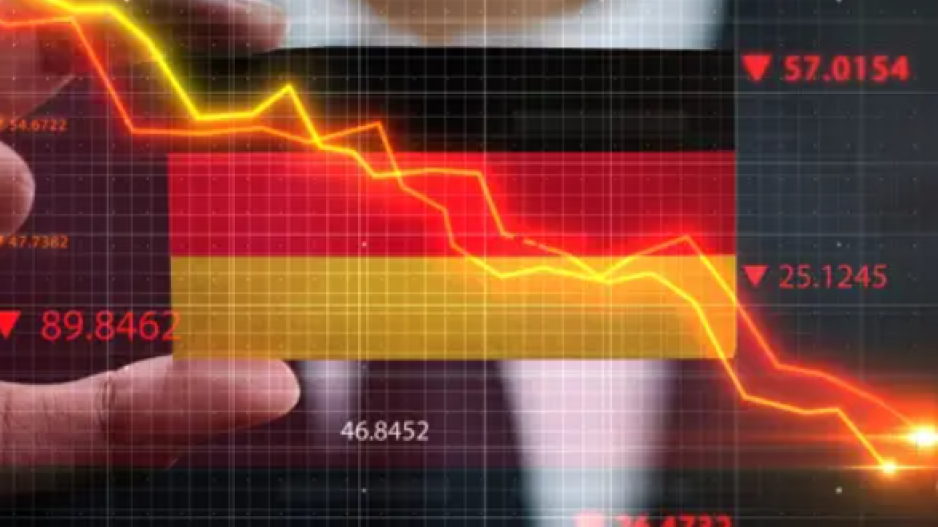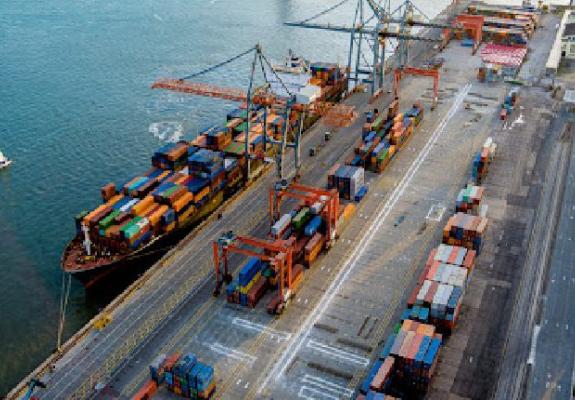Germany Faces Decade-High Record in Corporate Bankruptcies
Economic Challenges and Systemic Issues Drive 40% Increase in Insolvencies
Negative news emerges from the German business sector, according to data published by the financial newspaper Handelsblatt and analyzed by German media today. A total of approximately 11,000 corporate bankruptcies were recorded in the first half of 2024.
Notably, over 160 companies with a turnover exceeding 10 million euros declared bankruptcy, including well-known names such as the historic German department stores Galeria Kaufhof, the tourism group FTI Touristik, and the renowned clothing group Esprit.
This marks a rapid 40% increase in bankruptcies compared to the previous year, setting a decade-long negative record. As noted by Bild, of the 279 companies that had entered liquidation in 2023, only 35% managed to be rescued in the first half of 2024.
The sectors facing the most significant pressures, resulting in many companies struggling to meet their current obligations, include construction, automotive sales and parts, and machinery manufacturing.
As Focus magazine observes, the fact that bankruptcies now span a wide range of different sectors indicates that this is a comprehensive phenomenon in the German economy, taking on systemic dimensions.
While the bankruptcies of high-profile groups like Galeria Kaufhof and Esprit grab headlines, what concerns experts more are the bankruptcies of businesses related to Germany's heavy industry: from the automotive industry to the raw materials industry, as well as construction and real estate.

According to the analysis by the financial review Handelsblatt, many German businesses have not yet recovered from the consequences of the pandemic, the high inflation of recent years, and the increase in energy and raw material prices.
Adding to this are the general decline in the competitiveness of the German economy on an international level, the ongoing labor shortage in many sectors, and serious bureaucratic obstacles.
Additionally, as economists and other experts point out, the legal framework for restructuring businesses after liquidation or for saving jobs in Germany is complex. Another difficulty is attracting investors willing to fully or partially acquire insolvent or troubled businesses, despite the protective framework offered by German law.
Furthermore, investor attraction is not favored by economic forecasts for Germany's growth trajectory, which remains weak, hovering just above 0%, and has already lagged behind other Eurozone countries.






